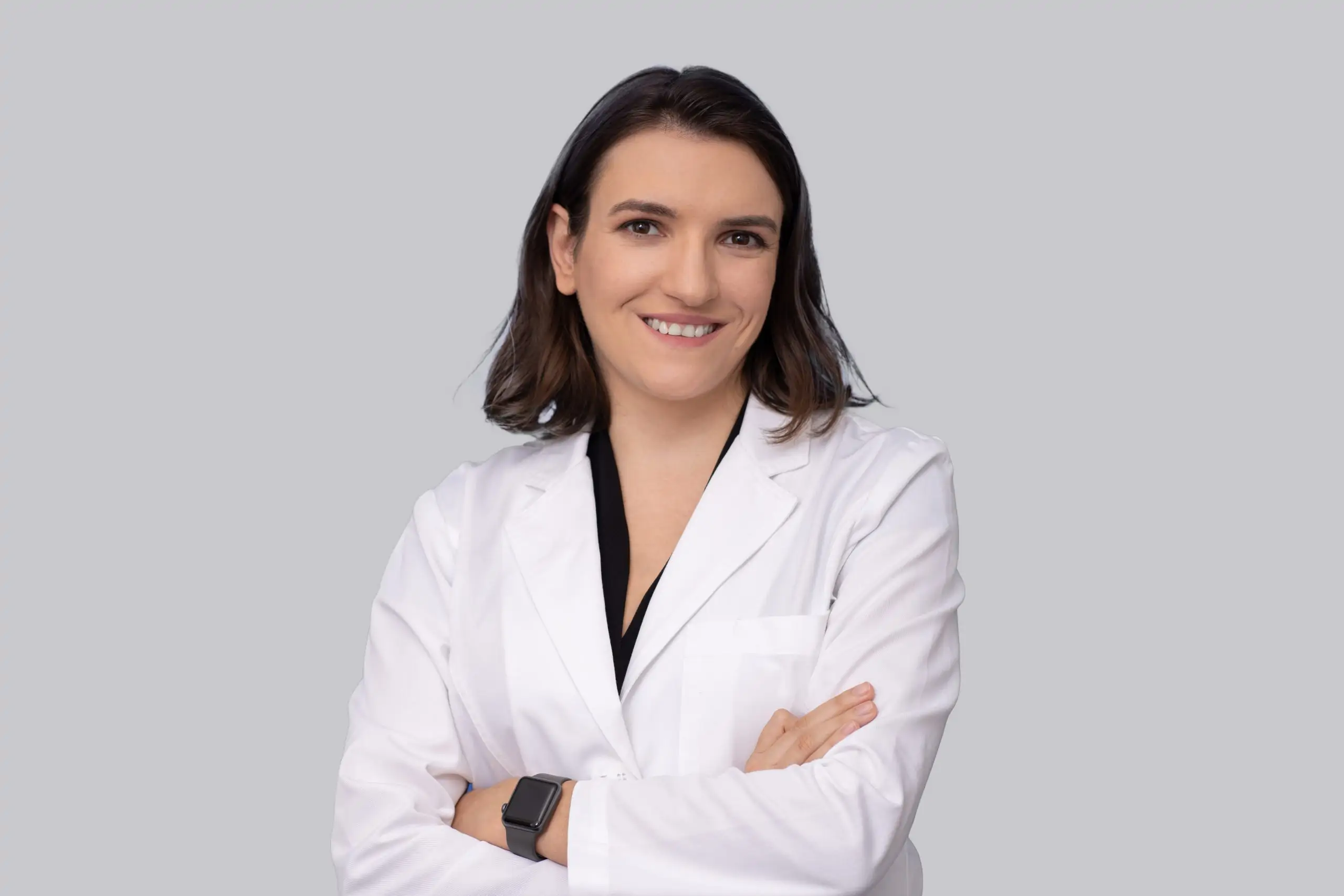ADHD diagnosis in adults
What are the symptoms and why you should be diagnosed with ADHDThe ADHD diagnosis service in adults helps identify and understand the neurobiological disorder that affects concentration, impulsivity and psychomotor hyperactivity. By professionally assessing the patient's symptoms and life history, we help adults gain greater self-awareness, understanding and access to appropriate treatment and support. A diagnosis of ADHD can have a positive impact on daily functioning, relationships, education and management skills, supporting adults to reach their full potential and improve their quality of life.
ADHD symptoms in adults (AADHD):
- Difficulties with organization:
Adults with ADHD may have trouble organizing time and tasks. They find it difficult to start and finish projects, plan, and maintain order. They may have difficulty managing household or work responsibilities. - Underestimating time:
People with ADHD often have difficulty estimating the time needed to complete a task. They may be late for appointments, neglect deadlines, and have difficulty following a schedule. - Interpersonal difficulties:
People with ADHD may have difficulty maintaining close relationships. They may be anxious, impulsive, and have difficulty considering other people’s perspectives. They may often appear forgetful or uninterested. - Emotional difficulties:
Adults with ADHD may be prone to mood changes, frustration and difficulty controlling emotions. They may experience strong reactions to stressful situations.
How can an ADHD diagnosis improve your quality of life?
- Understanding and self-acceptance:
Receiving a diagnosis of ADHD can help an adult understand his or her difficulties, clarify certain patterns of behavior, and identify the causes of his or her challenges. This can lead to greater self-acceptance, an understanding of one’s own strengths and weaknesses, and alleviate feelings of guilt or shame associated with difficulties in daily functioning. - Education and self-awareness:
An ADHD diagnosis enables an adult to learn about the disorder, its symptoms and how it affects his or her life. A greater knowledge of ADHD can help a person understand what strategies and tools are available to manage symptoms and improve daily functioning. - Access to treatment and support:
A diagnosis of ADHD paves the way for drug treatment or behavioral therapy. Medications prescribed by a psychiatrist can help control symptoms such as difficulty concentrating, hyperactivity, or impulsivity. Behavioral therapy, like cognitive-behavioral therapy, can help develop skills in time management, organization, planning, and coping with daily challenges. - Improving interpersonal relations:
An ADHD diagnosis can help an adult understand how his or her symptoms affect relationships with other people, including their partner, family, friends and co-workers. This can lead to greater empathy and communication with loved ones, and identify strategies to help improve those relationships. - Independence and planning:
An ADHD diagnosis can help an adult develop organization, time management and planning skills. Depending on the individual’s needs, the person can use various techniques and tools, such as task lists, calendars, reminders or time management apps. This can lead to greater self-reliance and effective execution of daily responsibilities.
It is worth remembering that the impact of an ADHD diagnosis on an adult’s life can be individual and depend on a number of factors, such as the severity of symptoms, social support, access to appropriate resources and a person’s individual goals. Collaboration with a psychiatrist and therapist can be crucial for optimal ADHD management and positive outcomes in daily life.
What does the diagnosis of ADHD look like at Neurosphera?
- Consultation with a neuropsychologist
- Neuropsychological tests
- A visit to a psychiatrist and/or neurologist
- Diagnosis
- Pharmacological treatment
- Psychological therapy


